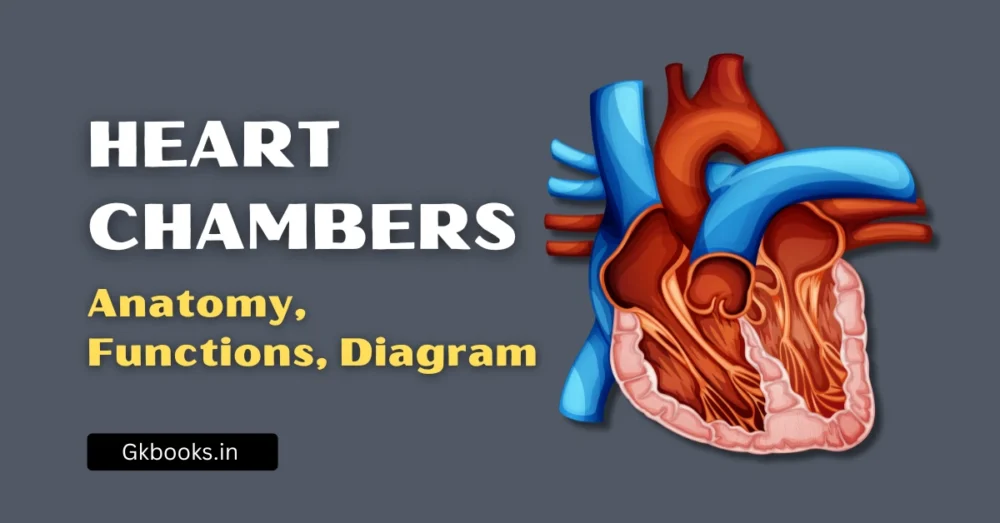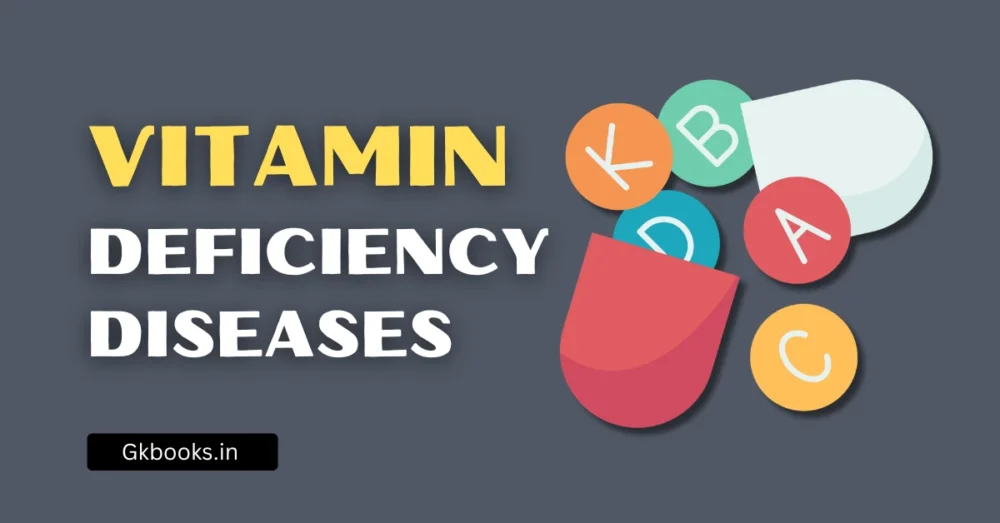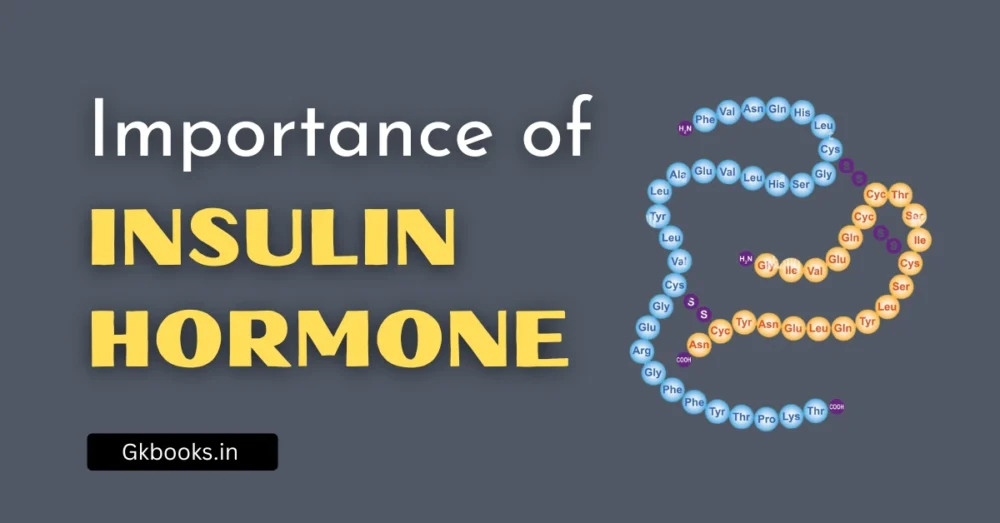Thyroid Stimulating Hormone (TSH) is a crucial pituitary hormone that plays a key role in regulating metabolism, growth, and development through its effect on the thyroid gland. Questions from this topic frequently appear in UPSC, SSC, RRB NTPC, State PSCs, and other government exams, making it an important chapter in General Science and Biology.
If you’ve studied the endocrine system in NCERT Class 10 or 11, this term should sound familiar. Let’s break it down in a clear, simple way to help you remember it forever—exam time or not!
Everything About Thyroid Stimulating Hormone
What is Thyroid Stimulating Hormone (TSH)?
◾ Definition: TSH is a pituitary hormone that stimulates the thyroid gland to produce two key hormones—T3 (Triiodothyronine) and T4 (Thyroxine).
◾ Secreted by: Anterior pituitary gland (also called the adenohypophysis)
◾ Target organ: Thyroid gland, located in the neck.
Function of TSH
◾ Primary role:
🔹 Stimulates the synthesis and release of T3 and T4 from the thyroid gland.
🔹 These hormones regulate metabolism, energy levels, body temperature, and growth.
◾ Maintains hormonal balance:
🔹 Works on a feedback loop with the hypothalamus and thyroid to maintain homeostasis.
📌 Mnemonic:
HPT Axis = Hypothalamus → Pituitary → Thyroid
Remember it as “Hi-Pi-Thy” axis!
How is TSH Regulated?
◾ Controlled by:
🔹 TRH (Thyrotropin-Releasing Hormone) from the hypothalamus
🔹 Negative feedback loop involving T3 and T4 levels.
◾ What happens in imbalance?
🔺 High TSH levels = Hypothyroidism (low T3/T4)
🔺 Low TSH levels = Hyperthyroidism (high T3/T4)
Disorders Related to TSH
| Condition | TSH Level | Effect |
|---|---|---|
| Hypothyroidism | High | Weight gain, fatigue, slow metabolism |
| Hyperthyroidism | Low | Weight loss, restlessness, increased metabolism |
🧠 Real-Life Analogy:
Think of TSH as a thermostat. If your body’s “temperature” (thyroid hormones) drops, TSH increases to “heat it up” (stimulate thyroid). If it’s too hot (overactive thyroid), TSH shuts down.
Importance of TSH in Exams and Medicine
◾ Used in diagnostic tests to assess thyroid disorders.
◾ Common in health checkups, especially for women and elderly.
◾ Often cited in questions under hormones, glands, endocrine system, or health science.
Diagram: TSH Regulation Pathway
Hypothalamus
↓ (TRH)
Pituitary Gland
↓ (TSH)
Thyroid Gland
↓
T3 & T4 Production → Body Metabolism
↑
Negative Feedback
Quick Summary Notes (Revision Box)
| Topic | Key Points |
|---|---|
| Full Form | Thyroid Stimulating Hormone |
| Secreted by | Anterior Pituitary Gland |
| Target Organ | Thyroid Gland |
| Stimulates | T3 & T4 Hormone Production |
| Feedback Mechanism | Negative feedback via Hypothalamus & Thyroid |
| Clinical Relevance | Diagnoses Hyperthyroidism and Hypothyroidism |
Practice Questions (MCQ Style)
Q1: Which gland secretes the Thyroid Stimulating Hormone (TSH)?
a) Thyroid
b) Hypothalamus
c) Anterior Pituitary ✅
d) Adrenal
Q2: TSH regulates the production of which hormones?
a) Insulin and Glucagon
b) T3 and T4 ✅
c) Estrogen and Progesterone
d) Testosterone and LH
Q3: If TSH levels are very high, the person is likely suffering from:
a) Hyperthyroidism
b) Diabetes
c) Hypothyroidism ✅
d) Acromegaly
Q4: The release of TSH is stimulated by:
a) GH
b) TRH ✅
c) ADH
d) FSH
Q5: Which of the following best describes the feedback loop involving TSH?
a) Positive feedback
b) Reverse feedback
c) Negative feedback ✅
d) No feedback
Final Takeaway
Understanding Thyroid Stimulating Hormone (TSH) is not just important for exams but also for real-life health awareness. It connects multiple endocrine glands in a precise feedback system—making it a frequently tested concept in exams. Mastering it helps strengthen your grasp on topics related to hormones, homeostasis, and health science.
Read More:
Heart Chambers: Anatomy, Functions, Diagram & Exam-Focused Notes
Vitamin Deficiency Diseases – Causes, Symptoms, Sources & Exam-Focused Notes
Function of the Stomach in the Human Body: Key Roles, Mechanisms & Importance




